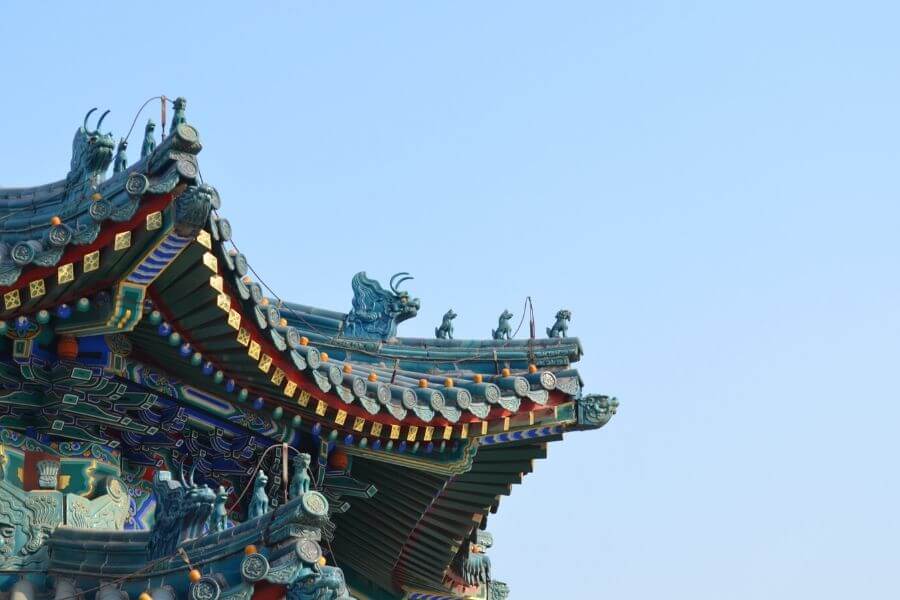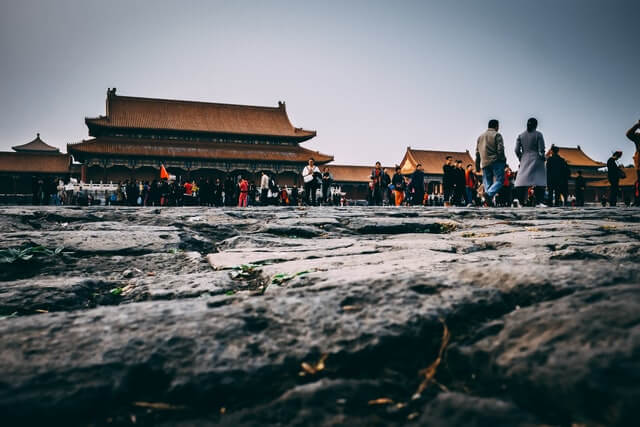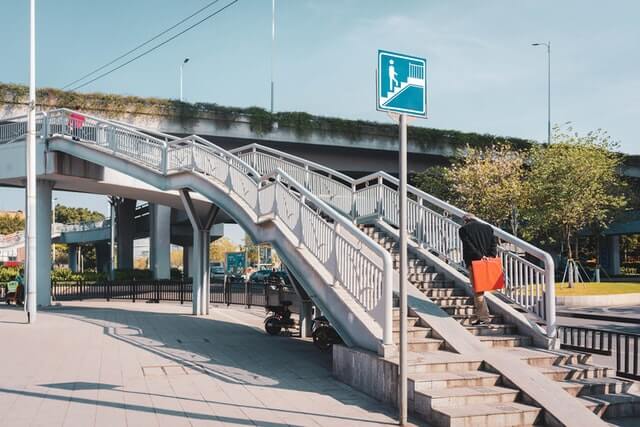
How to litigate in a Chinese court? What happens if you have filed a lawsuit in China? The collection of “Litigation in China 101” is your guide to civil litigation in China, where you can have a basic understanding of China’s court system, judicial proceedings, evidence rules and so on.
1. Magnificent Four-level Pyramid - China's Court System
Chinese courts are divided into four levels and presidents of Chinese courts at different levels are elected by the people's congress (the organ of state power exercising legislative powers, etc.) at the corresponding level.
2. 2+1+1: China's Hierarchical Trial System for Civil Cases
China's hierarchical trial system for civil cases can be summarized as "TWO+ONE+ONE", namely: TWO, generally, cases shall be closed after the second instance; ONE, under special circumstances, the parties may also apply to a higher court for retrial of the case after the final adjudication; ONE, after the application for retrial is dismissed by the court, the parties may also apply to the procuratorate for review of the case so that the court is requested to retry the case, but the success rate is even lower.
3. How Does the Chinese Court Decide Which Judge Will Hear Your Case?
For a long time, Chinese courts have assigned cases to judges by their own dedicated personnel. Now, Chinese courts are trying to replace the traditional practice with a random case assignment mechanism.
4. Attorney's Fees in China: Does the Losing Party Pay?
In practice, Chinese courts generally hold that "he who engages a lawyer shall pay therefor". However, there are a few exceptions on some rare occasions.
5. Thanks to Audio/Video Recording, Sloths May No Longer Needed in China's Courts
The law clerk shall take down all the activities in a court trial into the transcript which shall, later on, be signed and confirmed by the judges, the law clerk, the parties and other litigants. The transcript plays an important role in China's civil procedure. Now, in addition to the clerk's record, Chinese courts have added audio/video recording to ensure that the court record is more accurate.
6. Documentary Evidence - The King of Evidence in Chinese Civil Litigation
In China’s civil litigation, judges attach the greatest importance to the documentary evidence. The role of witness testimony and physical evidence is almost negligible.
7. Why Chinese Judges Don’t Trust the Witnesses and Parties in Civil Litigation?
False testimonies of witnesses and false statements of the parties are very common in Chinese civil litigation, which generally undermines the trust of judges in what witnesses and the parties say.
8. Can Secret Recordings Be Used as Evidence in Chinese Courts?
In China’s judicial practice, recording is a common way of collecting evidence. If the private conversation recording without the permission of the other party satisfies certain conditions, the court may admit it as evidence.
9. How Chinese Judges Deal with Foreign Litigants Who Don’t Understand Chinese?
Foreign litigants are not allowed to use foreign languages in Chinese courts, but can request the court to provide an interpreter and/or translator to translate their language into Chinese.
10. Litigation Procedures of Chinese courts
The Primary Courts, the Intermediate Court, and the Supreme Court adopt the same trial procedures and appellate procedures. The Intermediate Court may apply to the procedures stricter in practice. A summary of the procedures is listed below based on a time sequence. The specific time frames are underlined for easy reference.
11. Foreign Companies Prepare for China’s Civil Litigation: The To-Do List
Apart from pleadings and evidence, foreign companies in Chinese courts need to complete a series of formalities, which can sometimes be somewhat cumbersome. Therefore, it is necessary to spare sufficient time to get ready.
Cover Photo by Kirill Sharkovski(https://unsplash.com/@sharkovski) on Unsplash.
Contributors: Guodong Du 杜国栋









